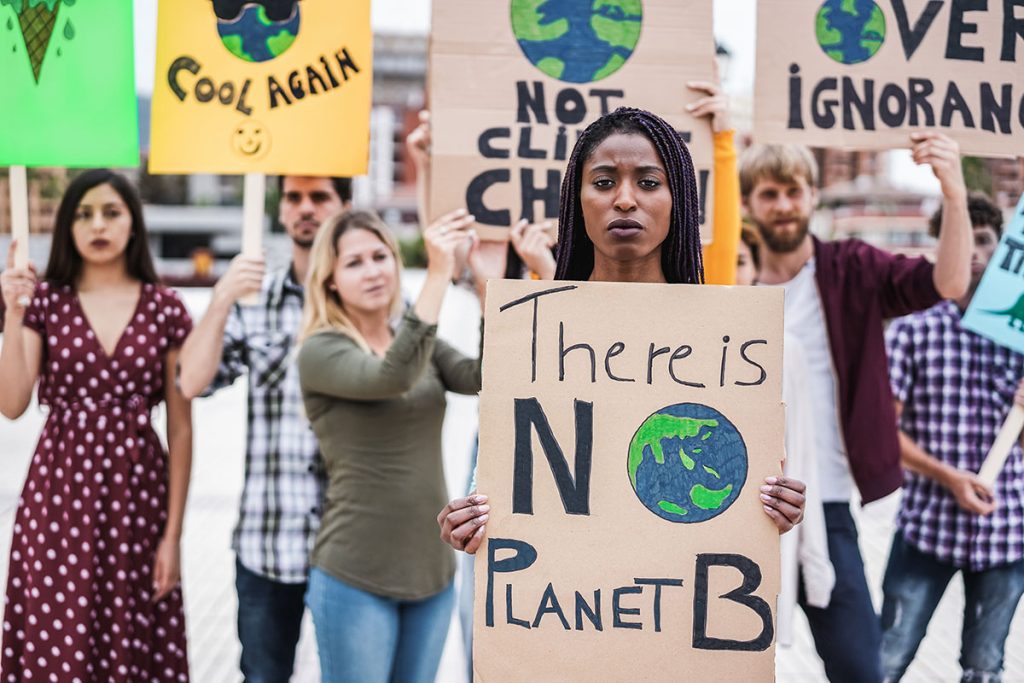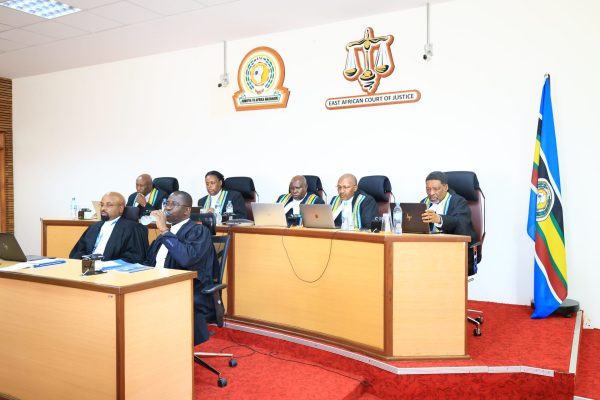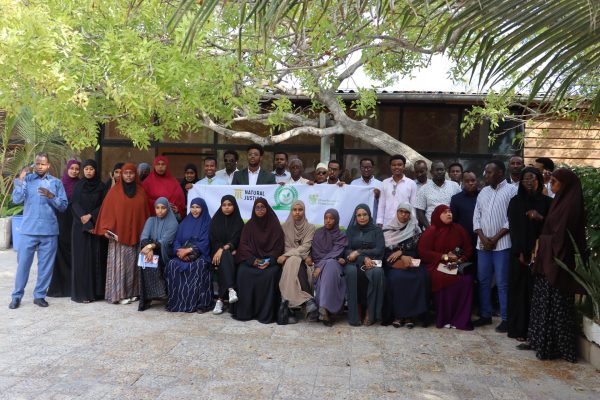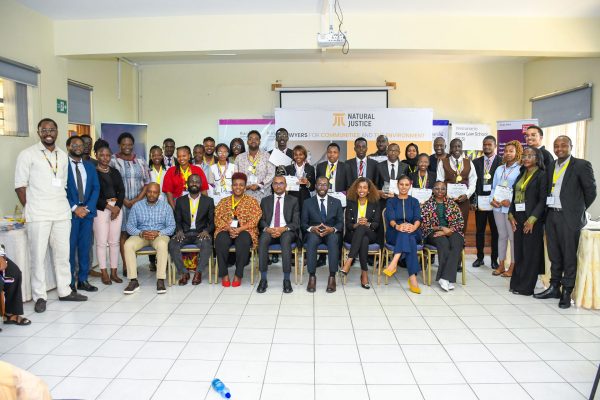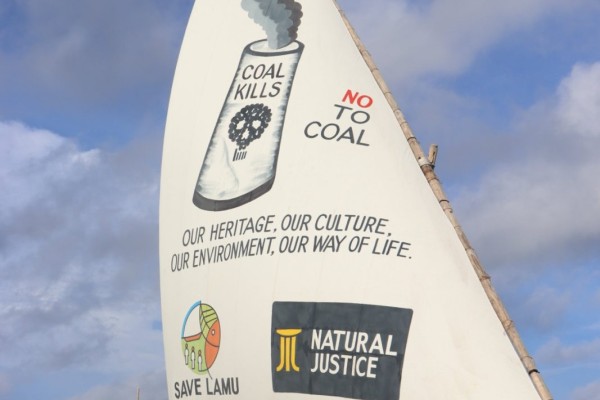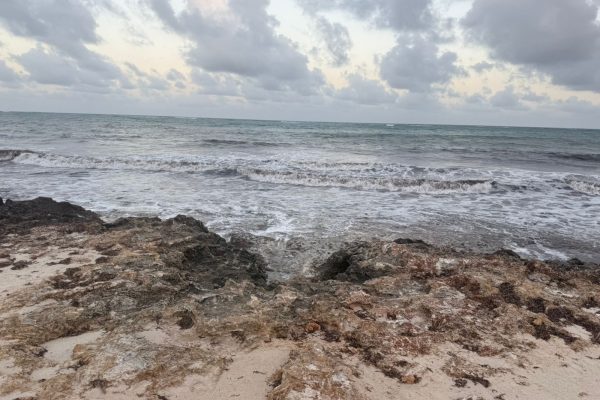African Lawyers Seek Landmark Advisory Opinion from African Court on States’ Climate Change Obligations
FOR IMMEDIATE RELEASE
Natural Justice, the Environmental Lawyers Collective for Africa, and the African Climate Platform supported the Pan African Lawyers Union (PALU), today announced the filing of a groundbreaking application with the African Court on Human and Peoples’ Rights. This pivotal legal action seeks an Advisory Opinion from the Court to clearly define the human rights obligations of African States in the face of the escalating climate crisis.
This marks the first time an application of this nature directly confronts the climate crisis at this esteemed Court. It is firmly rooted in the African Charter on Human and Peoples Rights, urging the Court to delineate the full scope of State duties under crucial provisions, including the right to a sustainable environment (Article 24), the right to life (Article 4), the right to health (Article 16), and the right to development (Article 22).
The impetus for this action stems from the urgent and unjust reality that Africa bears a disproportionate burden of climate change impacts, despite contributing less than 4% of global greenhouse gas emissions. Communities across the continent face severe consequences such as prolonged droughts, devastating floods, and rising temperatures, which threaten fundamental aspects of life, including food security, access to water, and livelihoods. This application is a critical step to challenge these injustices and the devastating impacts suffered by African citizens.
This initiative transcends mere legal procedure; it represents a unified voice from communities, youth, civil society organisations, legal experts, and movements across Africa. It is a direct reflection of the urgent, lived realities of climate impacts being experienced on the ground. We seek not only essential legal clarity but also vital moral guidance for how African states must uphold the myriad rights endangered by climate change.
We view the African Court as a crucial institution and a beacon of hope for ensuring climate accountability. Globally, people are increasingly turning to courts to seek climate justice. This application powerfully asserts Africa’s rights – the right to be heard, the right to be protected, and the right to chart a sustainable future. By bringing the climate crisis before Africa’s highest court for the first time, we are undertaking more than a symbolic act; we are issuing a potent demand for legal acknowledgement, protection, and meaningful change. We are sending a clear message that Africans have the capacity to seek and secure justice within our own institutions, demonstrating trust in them. The Court is called upon to forge a transformative chapter in African Climate Jurisprudence, aligning with the African Union’s Agenda 2063 vision which places climate justice at the heart of a prosperous and peaceful Africa.
This application serves as a moral call to the African Court to stand in solidarity with the indigenous communities and to champion the rights enshrined in the African Charter. It is intended to inspire bold and necessary action from states and institutions. Our work demands unwavering commitment and collaboration, always centring the needs of those most severely affected, such as rural farmers, coastal fishers, indigenous peoples, women and children. We remind our governments that their citizens are observing their actions, and true leadership requires decisive steps that translate the principles of the Charter into tangible policies, budgets, and commitments to support African. As the involved groups have stated, “We are not seeking your permission. We are asserting our rightful claim to dignity, protection, and a sustainable future.
This significant moment is dedicated to the people of Africa, particularly the resilient youth, wise elders, and those living in frontline communities. It is a powerful affirmation that Africa is not simply a victim of past injustices but is, in fact, actively authoring the blueprint for a better future
For media inquiries, please see contacts below:
Media Contacts:
- Lucien Limacher – Head of Programs, NJ | lucien@naturaljustice.org
- Dzimbabwe Chimbga – Lead Drafter | dziechimbga@gmail.com
- Nomasango Masiye-Moyo – Coordinator, NJ| nomasango@naturaljustice.org
- Alfred Brownell – Lead Campaigner, ACP | abrownell@onevoicemail.org
- June Cynthia Okelo, Economic Governance Officer/PALU I jokelo@lawyersofafrica.org

